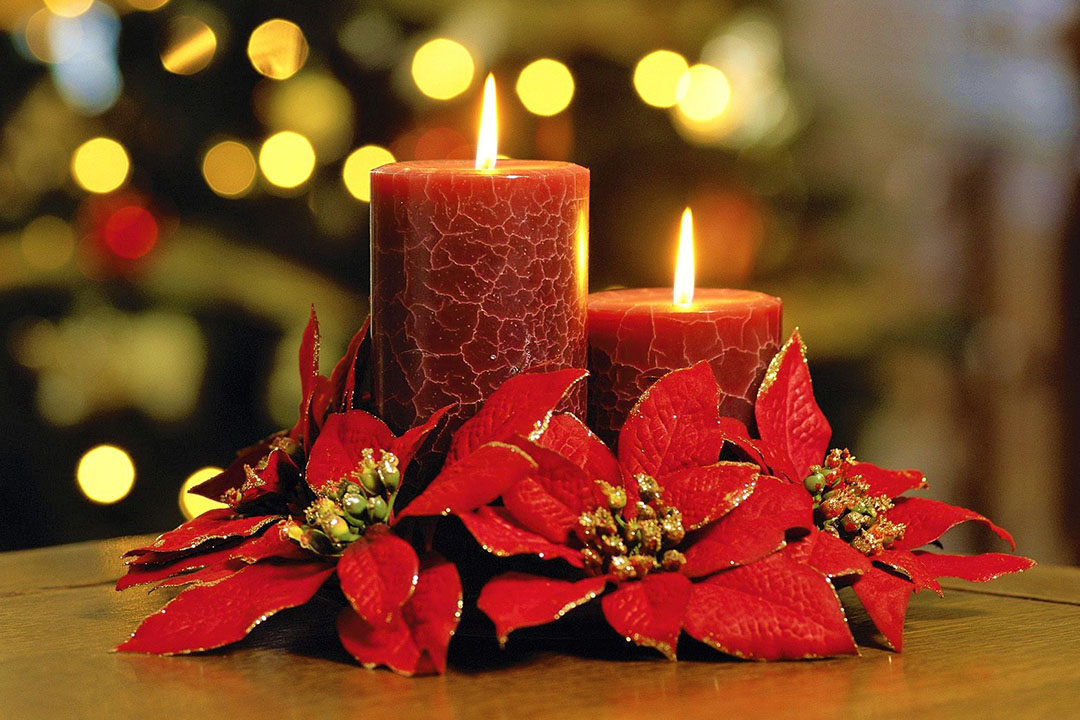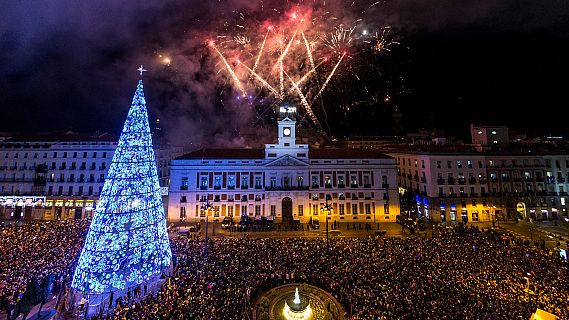Celebrating Christmas in Spain offers a unique experience that differs significantly from other parts of the world. For expats, understanding the Spanish Christmas calendar with its numerous festivities and traditions is essential to fully immerse yourself in the local culture. Here’s a detailed guide to the key dates and their significance, from early December to the Epiphany.
December 8: Feast of the Immaculate Conception
The Christmas season in Spain officially kicks off on December 8 with the Feast of the Immaculate Conception. This is a public holiday celebrating the belief in the Immaculate Conception of the Virgin Mary. In Seville, the day is marked with a grand procession, while other cities and towns hold various church services and public events.
December 22: El Gordo (The Fat One)
One of the most eagerly awaited events of the Spanish Christmas calendar is the "El Gordo" lottery draw on December 22. Known as the world's largest and oldest lottery, El Gordo captures the entire nation’s attention. Many Spaniards participate in this tradition by buying lottery tickets and hoping to win substantial cash prizes. The lottery draw is a festive event, often watched by families together.

December 24: La Nochebuena (Christmas Eve)
Christmas Eve, or "La Nochebuena," is a time for family gatherings and elaborate feasts. Traditional foods such as roast lamb, seafood, and various tapas are commonly enjoyed. Despite the festive atmosphere, the evening often includes attending Midnight Mass, known as "La Misa del Gallo" (The Rooster’s Mass), symbolizing the rooster that crowed at midnight when Christ was born.
December 25: Christmas Day
Christmas Day is a quieter affair compared to Christmas Eve. Many families come together again to enjoy a relaxed meal and exchange gifts. It's a day of reflection and spending quality time with loved ones. Although Christmas Day is less commercially oriented in Spain, the spirit of togetherness and joy is ever-present.
December 28: Día de los Santos Inocentes (Day of the Holy Innocents)
Spain's version of April Fool’s Day, "Día de los Santos Inocentes," is observed on December 28. The day commemorates the biblical event of King Herod's massacre of infants. However, it is celebrated with practical jokes and pranks. It's a light-hearted day where even the media joins in with hoax news stories, and people try to outdo each other with their playful tricks.

December 31: Nochevieja (New Year’s Eve)
New Year’s Eve or "Nochevieja" is celebrated with vibrant festivities. A unique tradition involves eating twelve grapes at the stroke of midnight—one for each chime of the clock—to bring good luck for the coming year. Major city squares, such as Madrid’s Puerta del Sol, become hubs of celebration filled with joyous crowds, fireworks, and the ringing of bells.
January 1: New Year’s Day
New Year's Day is a public holiday marked by quiet family gatherings, resting after the previous night's celebrations, and preparing for the continuation of the festive season.
January 5: La Cabalgata de los Reyes (Parade of the Three Kings)
On the eve of Epiphany, spectacular parades known as "La Cabalgata de los Reyes" take place throughout Spain. The Three Kings, or "Los Reyes Magos," ride through towns and cities on elaborate floats, distributing sweets and small gifts to children. This event generates great excitement and marks the high point of the Christmas festivities.
January 6: Día de los Reyes (Epiphany)
Epiphany, or "Día de los Reyes," on January 6, is possibly the most significant day in the Spanish Christmas calendar. Celebrating the arrival of the Three Kings who brought gifts to the baby Jesus, this day is marked by the exchange of gifts among family and friends. Children wake up to find presents left by the Three Kings, and families enjoy a special cake called "Roscón de Reyes," a ring-shaped pastry decorated with candied fruits.
 - Copy 1.jpeg)
The Spanish Christmas calendar is filled with rich traditions and meaningful celebrations that create a festive atmosphere lasting well beyond December 25. For expats, understanding and participating in these local customs can enhance your experience and appreciation of the Spanish holiday season, making Christmas in Spain truly unforgettable.